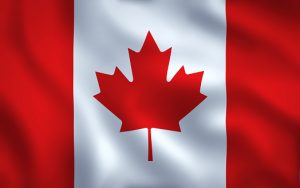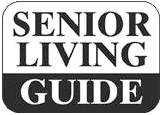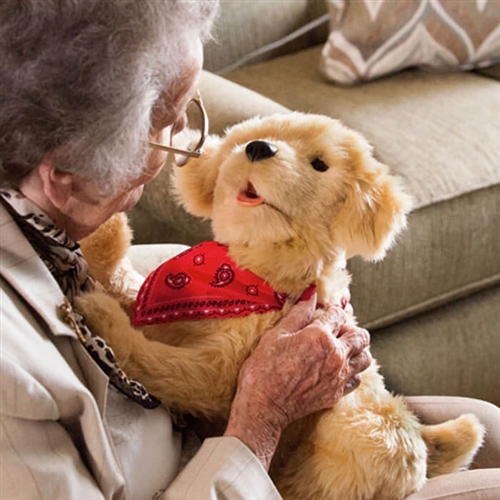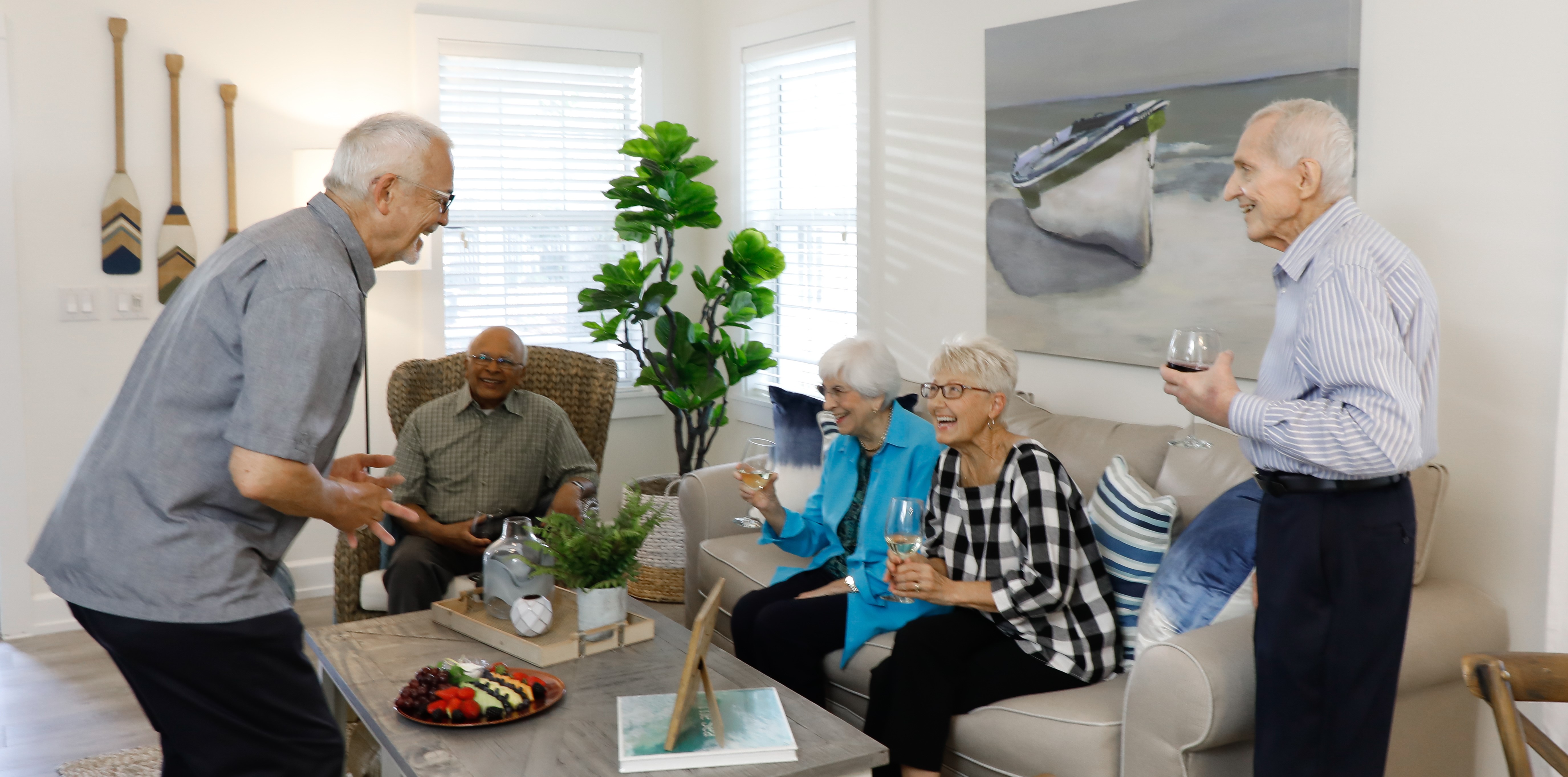
Canada Flag Waving Background Texture

For the first time in two decades, Lois and Bob Slack had to buy winter clothes.
It was 2020 in Athens, Ontario. Though they were longtime residents of the Canadian township — where temperatures can drop into single digits — the couple had spent the cooler half of the year in Florida since 1998, at a retirement community in a town aptly named Winter Haven.
“But we were very leery about going with the high rate of COVID in Florida,” said Bob Slack, 79. “So we stayed home, and became experts at jigsaw puzzles.”
“And bought lots of clothes,” Lois Slack, 77, chimed in.
“Winter boots, coats, heavy pants, delivered right to the door,” her husband added. “We got to know the Amazon driver.”
In a few days, with shots in their arms and golf clubs in tow, the Slacks will return to Florida. The outerwear will stay home.
Snowbird season is officially underway in Florida.
The land border between the United States and Canada is slated to open next week, and the move, coupled with widely available coronavirus vaccines, is expected to bring in about 900,000 Canadians to the Sunshine State this winter.
The vast majority — almost three-fourths — of Canadian snowbirds travel by vehicle, according to Evan Rachkovsky, spokesperson for the Canadian Snowbird Association.
“So the land border opening is so important,” he said. “There’s both a sense of excitement and also a sense of relief.”
Florida is the number one destination for seniors taking flight from the country’s northern neighbor.
Last year, the state lost about 70 percent of its regular Canadian snowbirds due to travel restrictions and seniors taking increased precautions amid the pandemic. It was a gut punch to Tampa Bay’s tourism industry.
“Gulfport restaurants took a major hit last year,” said Irene Gernon, 64, association president at Town Shores of Gulfport, a 55+ retirement community. “Snowbirds tend to go out more, because they don’t take it for granted.”
About a third of the residents in the condominium complex — which borders the glistening waters of the Gulf and remains a mere 10-minute walk from downtown — are snowbirds, she said.
“In normal snowbird season, you used to have trouble finding a parking space in town,” she added. “It might be a 45-minute wait at the restaurants. Last year, empty. There was hardly anybody down there without the snowbirds.”
Now, many are itching to return to the state, Rachkovsky said.
“Vaccines are widely available now,” he said. “I don’t think most snowbirds want to endure another Canadian winter at this point.”
The numbers likely won’t match what they were prior to the pandemic, in 2019 — but they’ll be close, the association estimates.
About 90 percent of the 1 million Canadian snowbirds that came in 2019 are expected to return to Florida this year.
Dave Horseman, 68, is the president of the Loonies and Toonies, a club for Canadian snowbirds living in The Villages retirement community.
He flew down to Florida in October to enjoy the sun early — and avoid the traffic that’s expected at the U.S.-Canada land border upon its reopening Nov. 8.
“My friends are banking on waiting in line for six to eight hours to get through,” said Horseman, who paid to have his car flown down from Alliston, Ontario.
Typically, about 3,000 of The Villages snowbirds are Canadian, he estimates. He and his wife were among those who skipped out on balmy paradise last year.
“So my day from mid-December until April basically consisted of going for a half-hour walk in the morning,” he said. “And then sitting my ass down in a La-Z-Boy the rest of the day, watching Netflix, Amazon, Hulu, Crave — you name it.”
Today, he meets with his coffee club at the nearby Dunkin’, golfs, enjoys the live music and ice cream in the Spanish Springs Town Square, and keeps busy with presidential duties.
When more Canadians arrive, he’ll start playing pickleball.
The Slacks, for their part, said they remain a little apprehensive about their return to the Sunshine State. They will fly into Tampa International Airport on Saturday, having also opted to ship their car.
“We’re going to be very, very careful about what we do and what activities we participate in when we get there,” Bob Slack said. “But we’re giving it a try. And when we feel secure, we’ll partake in some more.”
Submitted by Tampa Bay Times, Hannah Critchfield



